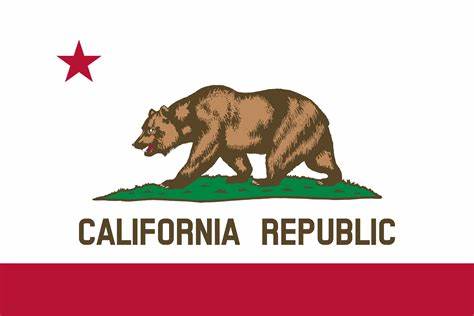In a striking escalation of tensions over environmental policy, California Attorney General Rob Bonta and Governor Gavin Newsom announced Friday that the state will initiate legal action in response to a move by Senate Republicans to dismantle key components of California’s clean vehicle regulations. The officials cast the maneuver as a politically motivated attempt to undermine longstanding efforts to combat air pollution and climate change.
“With these votes, S
Governor Newsom echoed Bonta’s remarks, accusing Senate Republicans of acting in direct defiance of legislative precedent and constitutional norms. “This vote is not only illegal, it’s an affront to decades of bipartisan environmental progress,” Newsom said. “Republicans circumvented their own Senate parliamentarian to push this through — betraying principles that date back to the Republican administrations of Richard Nixon and Ronald Reagan. We will not allow Trump-aligned Republicans to drag us backward, to undo progress on clean air and cede our economic and technological future to competitors like China. California will meet them in court and defend our waivers.”
A Battle Over Waivers and State Sovereignty
At the heart of the legal dispute is California’s longstanding authority to set stricter vehicle emissions standards under the federal Clean Air Act. For over half a century, California has operated with a special waiver granted by the U.S. Environmental Protection Agency (EPA), allowing the state to enforce its own vehicle emissions regulations — often more stringent than those mandated by federal law. Other states have the option to adopt California’s standards, which has effectively enabled the state to shape national vehicle policy.
The current standoff began under the Trump administration, when the EPA submitted three of California’s key waivers to Congress as if they were federal agency rules subject to the Congressional Review Act (CRA) — a legislative mechanism that allows Congress to overturn federal regulations within a narrow window of time. The waivers in question cover the state’s Advanced Clean Cars II program, its omnibus regulations to curb nitrogen oxide emissions from heavy-duty vehicles, and its Advanced Clean Trucks mandate.
Earlier this month, the Republican-led U.S. House of Representatives voted to repeal the waivers, and now the Senate has followed suit, over the objections of legal experts and nonpartisan authorities. Both the Government Accountability Office and the Senate Parliamentarian previously concluded that California’s waivers are not “rules” under the CRA and therefore not subject to repeal through that process.
Legal and Environmental Stakes
The state’s legal challenge could set a major precedent for how far Congress can go in intervening in state-level environmental policy, particularly in the context of national efforts to address climate change. At issue is not only whether California retains the right to exceed federal standards — a practice that has helped drive innovation in cleaner cars and trucks — but also whether future administrations will be able to reverse course on environmental protections by circumventing standard procedures.
The Clean Air Act, originally signed into law in 1970 and amended in 1990, explicitly allows California to seek waivers from the EPA to implement its own emissions rules, a provision that acknowledges the state’s unique air quality challenges. The EPA must grant those waivers unless the agency finds that California’s standards are arbitrary, unnecessary, or not needed to meet compelling and extraordinary conditions. None of those criteria, California argues, are applicable in this case.
“For decades, California has stood at the forefront of the fight against smog, vehicle pollution, and climate change,” Bonta said. “We’re not going to give that up because of a procedural stunt in Congress.”
The lawsuit, once filed, is expected to attract broad attention from environmental groups, automobile manufacturers, and other states that have adopted California’s emissions standards. Legal observers note that the case could ultimately reach the Supreme Court, where previous environmental rulings — including the Court’s narrowing of the EPA’s regulatory powers — have signaled an increasingly skeptical view of federal environmental authority.
As California prepares its legal defense, state officials say they will continue enforcing their clean vehicle regulations, which are key to meeting California’s ambitious climate goals — including a mandate that all new passenger vehicles sold in the state be zero-emission by 2035.
“We’re not backing down,” Newsom said. “The air our children breathe, the future of our climate, and the strength of our economy depend on us holding this line.”